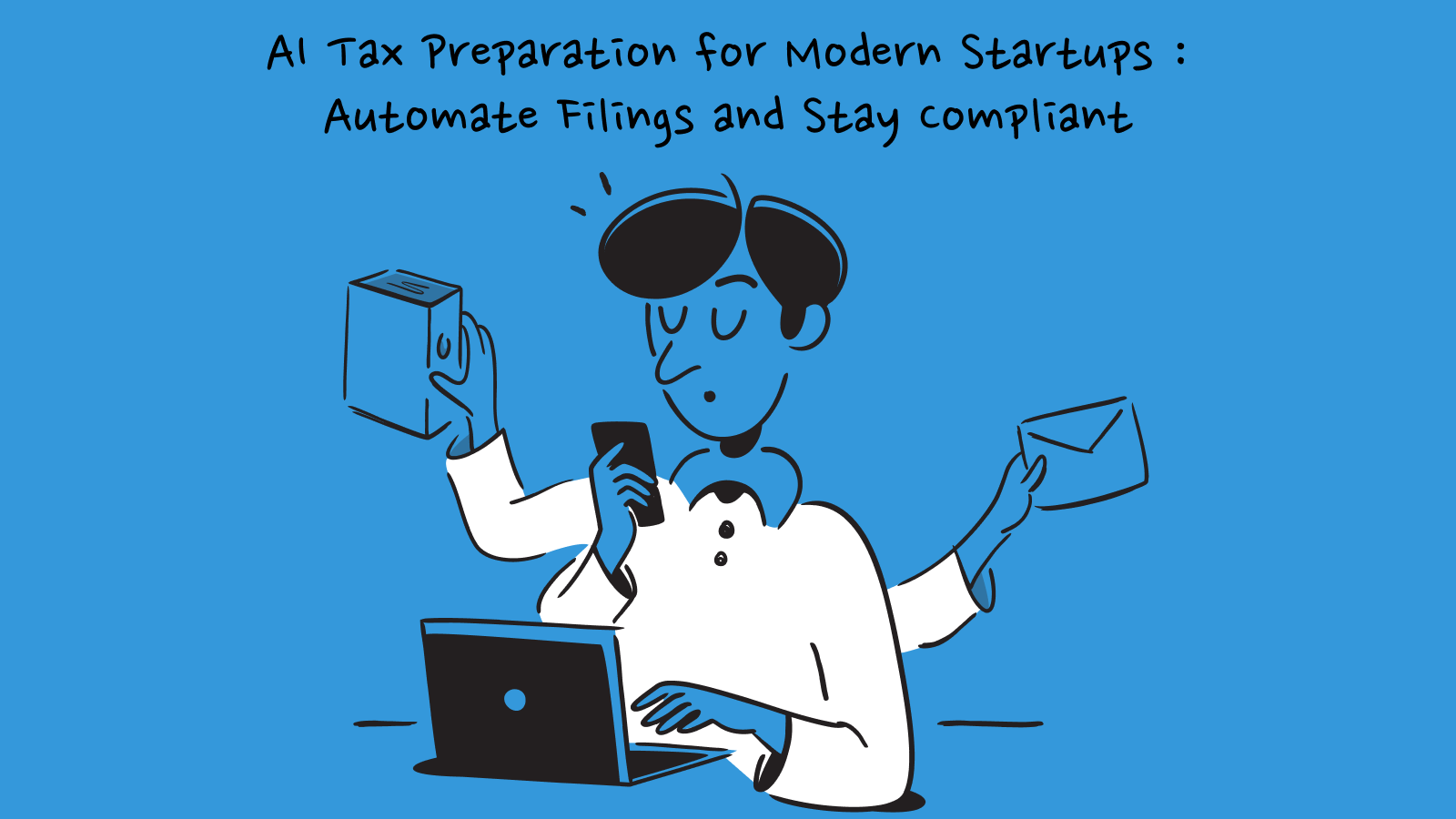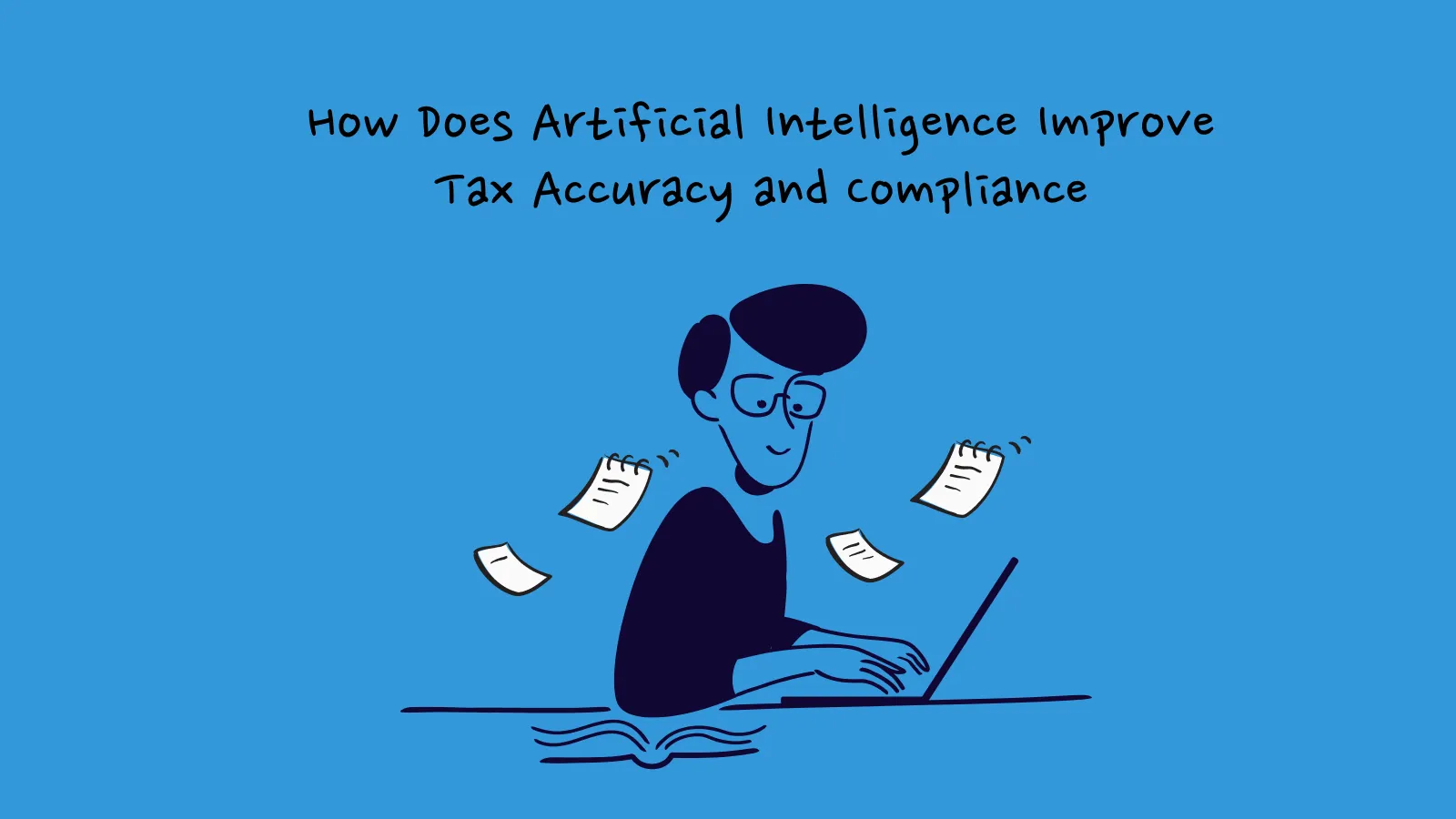A Complete Guide to Sales Tax Nexus and Compliance

In the US, sales tax obligations don’t stop at your home state.
If your startup sells products or services across state lines through e-commerce, marketplaces, or software, you may owe sales tax in states you’ve never physically entered.
Sales tax nexus ties tax obligations to either physical presence or economic activity within a state. This guide walks you through what sales tax nexus means, how each state defines it, and the steps your startup needs to take to stay compliant and avoid costly penalties.
What is Sales Tax Nexus?
Sales tax nexus is a legal connection between your business and a state that requires you to collect and remit sales tax there. This nexus can be created in two main ways:
- Physical presence (like having an office or employee in a state)
- Economic presence (such as surpassing a certain amount of sales or transactions in a state).
It matters because once nexus is established, you’re legally required to register for a sales tax permit, collect the correct tax rate from customers in that state, file returns, and remit the tax collected. Failing to do so can lead to penalties, interest, and even backdated tax liabilities if you're audited.
How Do Economic Nexus Thresholds Vary by State?
The 2018 Supreme Court ruling in South Dakota v. Wayfair gave states the power to enforce sales tax collection even without physical presence. As a result, nearly every state has adopted its own version of economic nexus based on annual sales revenue, transaction volume, or both.
However, these thresholds aren’t consistent. Some states use only a revenue threshold, while others require both revenue and transaction count. Knowing the exact threshold for each state is key to avoiding accidental non-compliance.
Here’s how state nexus thresholds vary for different state:-
How Do You Know if Your Startup has a Sales Tax Obligation?
Sales tax nexus depends on where you operate, where your customers are, and how much business you do in each state. A physical presence, like an office or employee, automatically creates nexus. But even without stepping foot in a state, your economic activity alone could trigger a tax obligation.
That’s why monitoring both physical and economic nexus triggers is essential. Many startups find themselves liable in multiple states without realizing it, especially as digital sales and distributed teams become the norm.
This is how you can check for particular nexus triggers:
- You have a physical office, retail location, or employee in a state.
- Your inventory is stored in a third-party warehouse, such as through Amazon FBA.
- Your sales to customers in a particular state exceed $100,000 in a year.
- You process 200 or more transactions in a single state annually.
- You attend trade shows or events and sell or take orders while in-state.
Steps Your Should Take Once Nexus Is Established
Once you’ve confirmed that your startup has sales tax nexus in a state, the next step is to set up proper compliance. This requires registration, calculation, filing, and recordkeeping on a state-by-state basis.
Sales tax compliance often feels secondary to product and growth but overlooking it can lead to serious consequences. Many startups either delay registration, apply incorrect tax rates, or unknowingly trigger nexus in new states without adjusting their processes. One of the most common and costly mistakes? Collecting sales tax before you’re officially registered.
A few early missteps can snowball into larger issues, especially during audits or due diligence. Avoid these compliance risks once a sales nexus is established in a state:-
- Collecting sales tax before registering with the state, which is illegal in most jurisdictions
- Ignoring newly triggered state thresholds and failing to register in time
- Using outdated or flat-rate tax tables that don’t reflect local rate changes
- Missing return filing deadlines, which can result in penalties even if no tax is due
- Keeping disorganized or incomplete records, making it hard to defend your filings in an audit
Does Sales Tax Compliance Vary for SaaS, Services, or Products?
Absolutely. Different product types are taxed differently from state to state, and this inconsistency can create serious compliance headaches. While physical goods are almost always taxable, the treatment of SaaS, digital goods, and professional services varies dramatically across jurisdictions.
Startups need to evaluate how each of their offerings is categorized under local tax laws, not just where they're based, but wherever they sell. Below is a breakdown of how different categories are treated in terms of sales tax.
i) Physical Products
Physical goods (anything tangible that ships to customers) are almost universally taxable across the US Whether you sell apparel, electronics, office supplies, or custom kits, you’ll need to charge sales tax in every state where you have nexus. This is the most straightforward category in terms of compliance expectations.
Tax Status: Taxable in nearly every state.
ii) SaaS (Software as a Service)
SaaS occupies a gray area. Some states treat SaaS like a digital service and tax it (e.g., New York, Texas, Washington), while others exempt it if there’s no physical software being delivered. Cloud-hosted tools, subscription platforms, and online software typically fall under this category.
Tax Status:
- Taxable in states like NY, TX, WA, PA, MA
- Exempt or unclear in states like CA (for pure SaaS) and others with no digital goods tax
ii) Digital Goods
This includes ebooks, streaming media, templates, downloadable software, and other non-tangible content. States vary widely in how they classify these items. Some see them as taxable property, others as exempt services.
Tax Status:
- Taxed in about half of US states
- Exempt or inconsistently defined in others
iv) Professional Services
Consulting, design, legal, or marketing services are often (but not always) exempt from sales tax. Some states begin taxing services when they’re bundled with taxable products (e.g., software or hardware). Others tax specific service types based on industry.
Tax Status:
- Often exempt, especially standalone services
- Taxed in part or when bundled with software or deliverables in states like NM, HI, SD
How Inkle Helps Startups Manage Multi-State Sales Tax
Managing sales tax across multiple states could be risky if done manually. With rules and thresholds constantly changing, startups need a system that keeps track of evolving obligations without overwhelming internal teams.
Inkle helps cross-border and US-based startups automate sales tax compliance across all 50 states. From monitoring thresholds to filing returns, Inkle streamlines every step with automation and expert support tailored to high-growth businesses.
With Inkle, you can:
- Track sales volume by state to monitor when nexus thresholds are met
- Register for sales tax permits in required states with expert guidance
- Automatically calculate destination-based tax rates for each customer transaction
- File and remit sales tax returns accurately and on schedule
- Maintain clean, audit-ready records to reduce risk during reviews or fundraising
Book a demo with Inkle to automate sales tax across every state.
Frequently Asked Questions
What is sales tax nexus?
Sales tax nexus is a legal obligation to collect and remit sales tax in a state due to a business's physical or economic presence there. Nexus can be triggered by having an office, employee, inventory, or by exceeding certain sales or transaction thresholds.
What triggers economic nexus in a state?
Most states set economic nexus at $100,000 in sales or 200 transactions in a calendar year. However, some states use only a revenue threshold, and others may require both. It’s important to check each state’s rules individually.
How do I know when to register for sales tax in a new state?
Track your sales and transaction volume by state each month. If you approach or cross a state’s economic threshold, register for a sales tax permit before collecting tax from customers there.
Can I collect sales tax before registering?
No. Most states prohibit collecting tax before registration. Doing so can lead to penalties, forced refunds, or compliance issues during audits.
Are SaaS products taxable?
Yes, in many states, but not all. States like New York, Texas, and Washington tax SaaS, while others may exempt it or apply different rules based on delivery method or use.
How does Inkle help with sales tax compliance?
Inkle automates the entire sales tax lifecycle including tracking thresholds, registering in states, calculating tax rates, filing returns, and maintaining records so startups can scale confidently without missing compliance deadlines.




